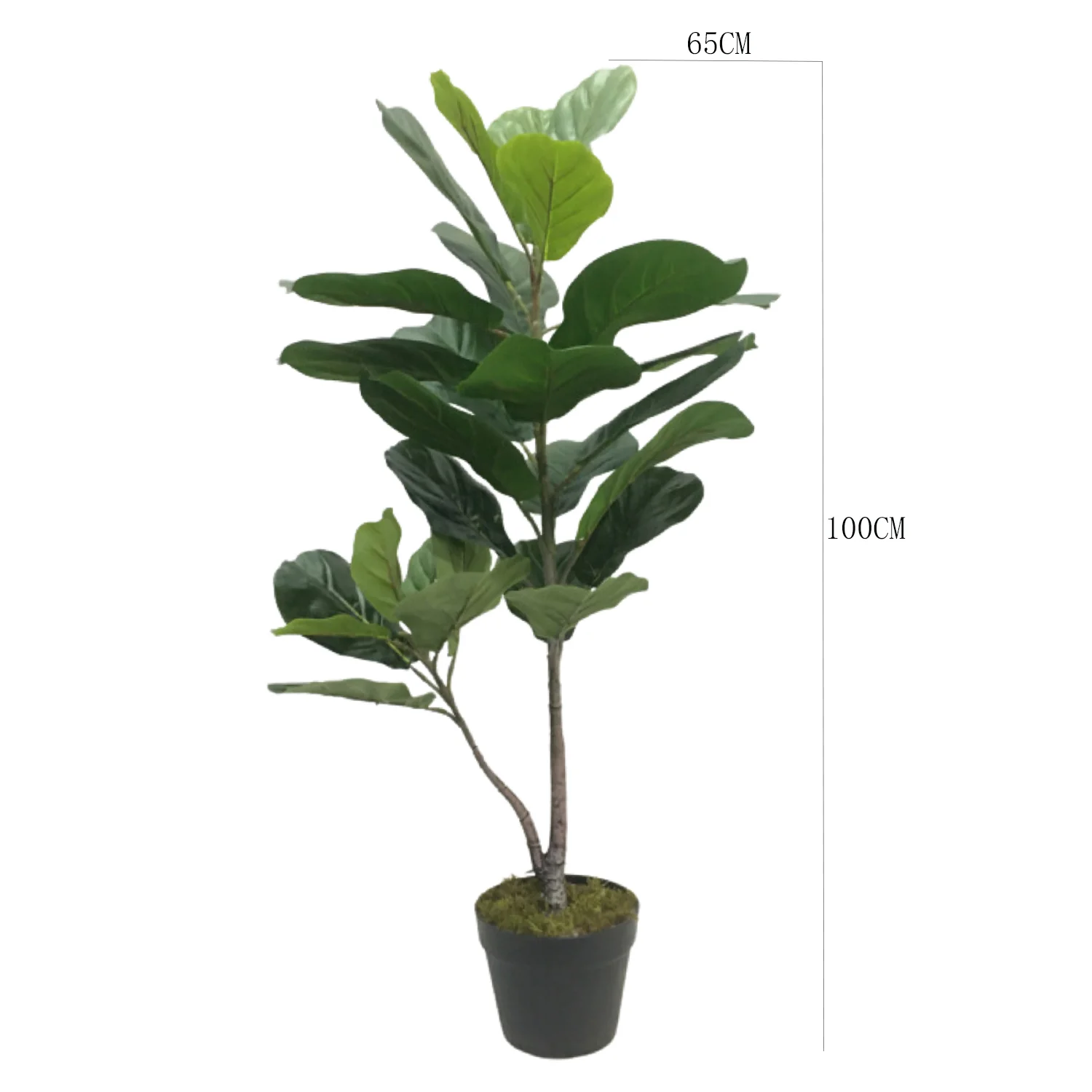
Mother and daughter unpacking groceries in kitchen
As we age, the question of whether an 80-year-old can live alone becomes increasingly important. With advancements in healthcare and improved quality of life, many seniors are choosing to maintain their independence well into their golden years. In this blog post, we will explore the factors that contribute to successful independent living at 80 and provide practical tips for seniors to thrive in their own homes.
- Physical Well-being:
Maintaining good physical health is crucial for seniors living alone. Regular exercise, a balanced diet, and preventive healthcare measures can help mitigate age-related health issues. Engaging in low-impact exercises like walking or swimming can improve cardiovascular health and maintain muscle strength. Additionally, a diet rich in fruits, vegetables, and lean proteins can provide essential nutrients for overall well-being. - Home Safety:
Creating a safe living environment is essential for seniors living alone. Simple modifications such as installing grab bars in bathrooms, removing tripping hazards, and ensuring proper lighting can significantly reduce the risk of falls. It is also advisable to have a medical alert system in place to provide immediate assistance in case of emergencies. - Social Engagement:
Maintaining an active social life is vital for mental and emotional well-being. Seniors can join community centers, clubs, or volunteer organizations to stay connected with others. Participating in social activities and pursuing hobbies can help combat loneliness and provide a sense of purpose. - Support Network:
Building a strong support network is crucial for seniors living alone. Family, friends, and neighbors can offer assistance with daily tasks, provide companionship, and offer emotional support. Regular communication and establishing a reliable emergency contact system are essential to ensure help is readily available when needed. - Technology and Assistive Devices:
Advancements in technology have made independent living easier for seniors. Smart home devices, such as voice-activated assistants and automated medication reminders, can enhance safety and convenience. Assistive devices like walking aids, hearing aids, and vision aids can also improve mobility and sensory functions.
Conclusion:
With proper planning, support, and a focus on overall well-being, an 80-year-old can live alone and thrive independently. By prioritizing physical health, ensuring home safety, fostering social connections, and utilizing technology and assistive devices, seniors can enjoy a fulfilling and autonomous lifestyle. Remember, age is just a number, and with the right mindset and resources, living independently at 80 can be a rewarding experience.


